Subscribe & Listen: Apple Podcasts – Spotify – YouTube
In 2017, the United States alone produced 267.8 million tons of trash, with more than half ending up in landfills. Prior to the COVID-19 pandemic, an estimated 165 billion packages were shipped in the United States each year.
An all too often unnoticed fact is that the online shopping industry is wasteful, and as customers turn to virtual shopping more so than ever before, its effects on climate change multiply.
Companies rooted in sustainability are shifting consumers to a more mindful shopping experience through a distinctive, conscious set of ethos. These brands embody full transparency and not only source sustainable materials, but enlist greener factories, offset carbon emissions, and seek out other innovative better, more conscious business practices.
They encourage mindful over mindless consumption and encourage consumers to think twice before buying things. And when you do make a purchase, these sustainable businesses advocate the buying option that gets you what you need (or want) while also being good for the planet and people along the way.
📼 Watch the Series: Conscious Consumerism
We produced a 2-part series on Conscious Consumerism; what it is, why it matters, and how you can be a conscious consumer yourself.
Get started with Part 1 below:
In this post, we’ll be introducing the topic of mindless consumption and how that contrasts with mindful consumption. We were fortunate to have a leading advocate for conscious consumption on our podcast—Swedish CEO, Anders Ankarlid and his company are helping to lead the charge in sustainable online shopping, and we think there is a lot to be learned from our chat.
Let’s dive in.
What is Mindless Consumption?
Mindless Consumption is the purchasing of goods in excess, without consideration for the life cycle of that purchase—and it’s wreaking havoc on the environment. Social media plays a critical role in this by elevating fast fashion and consumer culture content. Corporations like Amazon oblige these habits by constantly reducing prices and expediting shipping. But, this comes at the expense of the environment in an effort to feed customer hunger.
Mindless Consumption is also fueled by greenwashing. This phenomenon of preying on the good intentions of consumers is perpetuating a system of misinformation. In short, this practice utilizes deceptive marketing techniques to trick consumers into thinking they’re buying something that’s good for the environment, when really that may not be the case (or it may only be a tiny piece of the picture).
To flip the switch on mindless consumption, it’s up to the consumer to take an active role in knowing how their products are sourced and support businesses who share a mission of repairing the environmental damage corporations can have in their operations.
The Importance of Mindful Consumption
Mindful consumption is rooted in understanding one’s purchasing power and making informed decisions that encompass environmental impact and an assessment of true necessity. Not only does mindful consumption promote mental clarity and wellbeing for the buyer, but it reduces our impact on the planet by keeping excess packaging and waste out of waterways and landfills and reducing emissions inherent in shipping and delivery of goods.
A popular trend, minimalism, embodies mindful consumption and takes a few steps further by encouraging people to both rethink purchasing decisions and avoid the status quo of “more more more” by reassessing what they already have. This is the idea that more than having enough, we likely have too much!
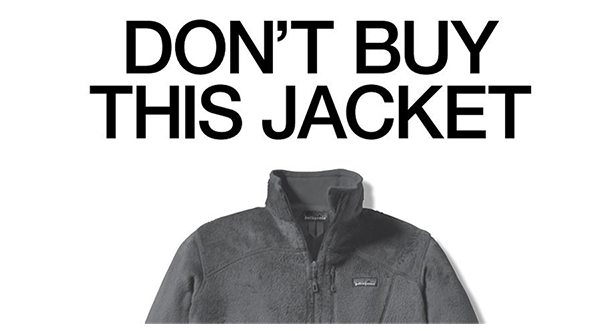
You might remember Patagonia’s notorious “Don’t Buy This Jacket” ad listed in The New York Times in 2011. For many consumers, this was a wake-up call to ignore the social norms that promote having the newest and best product. In seeding this concept, Patagonia became a forerunner in encouraging mindful consumption. Following Patagonia’s Earth-friendly mission, many outdoor brands and ethical fashion companies have developed practices in production and distribution that inspire conscious purchasing, which is crucial for developing a more sustainable worldview.
A movement popularized by Cradle to Cradle: Remaking the Way We Make Things encourages companies to move away from the “cradle-to-grave” life cycle of goods and into a more sustainable pattern. The model urges companies to consider the true lifespan of their product, not ending at the “grave” aka the landfill, but considering the reuse or recycling of products (hence cradle to cradle).
Since the book hit the shelves in 2002, the model has been adapted around the world. This manifesto has been crucial for assuring material health and utilized by larger companies like Nike, who created a line named Nike Considered with materials sourced within 200 miles of factories to reduce environmental impact.
When big companies are influenced by the sustainability movement, mindful production and consumption becomes the new normal. This is what A Good Company is fighting for.
A Good Company: From Mindless to Mindful Consumption
Launched in February 2019 in Stockholm, Sweden, A Good Company is now a global company and foundation with employees all over the world, including Hong Kong, Denmark, and the United Kingdom. Their selection of sustainable products include the stone paper notebook, sketchbook, and pocket diary, a bamboo eco-friendly toothbrush, an eco-friendly phone case, and a natural grass pen. A Good Company takes the guesswork out of the equation and provides products that consumers can trust for the health of their bodies and the environment.
Each product is designed with the highest quality sustainable materials and each product page includes information on where and how the product was made as well as how to recycle or repurpose it at the end of its lifecycle.
A Good Company is all about inspiring people to transform from mindless consumption into taking more conscious decisions in their everyday lives.
Anders Ankarlid, CEO of A Good Company
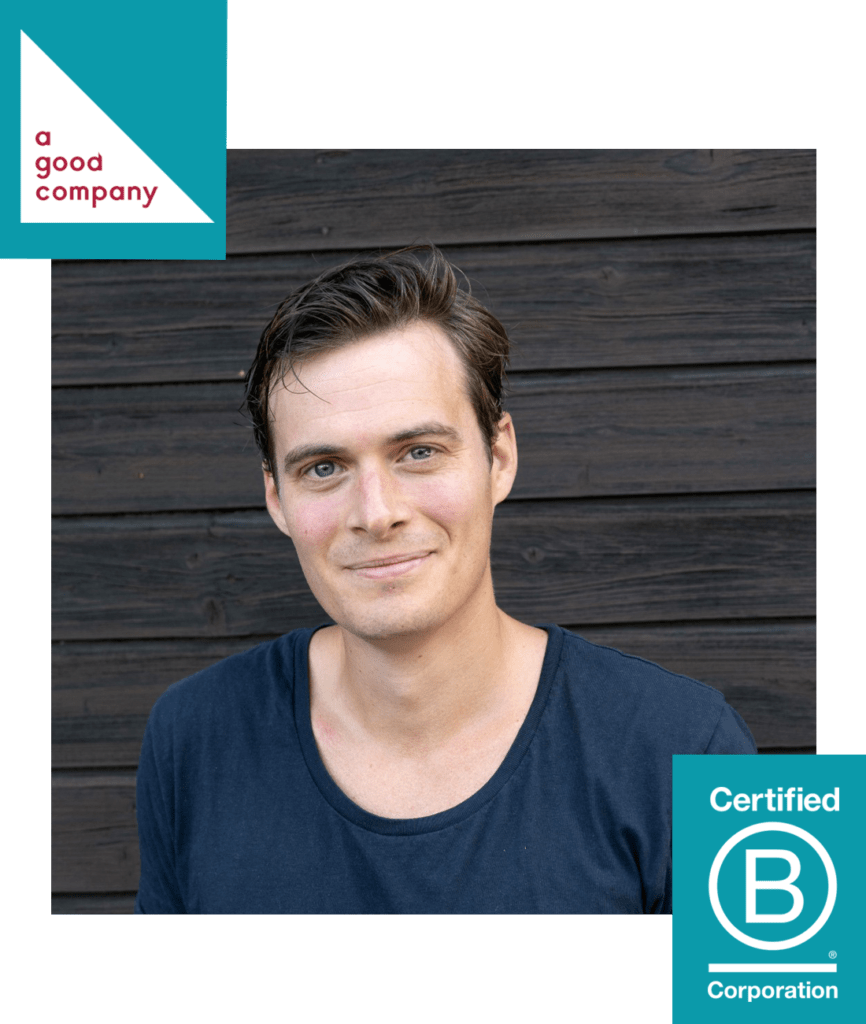
In this episode of the Social Entrepreneurship and Innovation Podcast, Cory spoke with Anders Ankarlid, a serial entrepreneur and management consultant with years of experience in e-commerce. First-hand encounters with the devastating effects of climate change inspired Anders to quit consulting in November 2018 and launch a sustainable & social impact business called A Good Company.
His unwavering commitment to an ethical supply chain and carbon neutrality are evident in each product launch. Anders doesn’t cut corners during any stage of product development or business evolution, which is one of the reasons A Good Company has been so successful in its first year. A true leader, Anders equips his customers with the right tools to understand their own purchasing power.
“We as a society understand we need to change route in certain things, and we have an urgency in doing it.”
Want more from Anders & A Good Company? Listen to our two-part series where we dive even further into making conscious consumerism the rule, not the exception:
Why A Good Company is Different
- They contribute 4% of their net sales to A Good Foundation, which focuses on making the world a greener place by facilitating training on the ground at the forefront of climate change, sustainable entrepreneurship, and conscious consumer culture.
- They’re B Corporation Certified, but their efforts extend beyond the label to ensure complete transparency, ethical production, and carbon reduction. Their brand and messaging is consistently seeding the concept of Mindful Consumption to customers.
- They offset carbon-intensive processes, release an annual report on their carbon footprint, and they battle climate change by planting trees in Zambia.
Breaking Free from Consumerism Online (& Offline)
The online shopping experience is ever-evolving but remains rooted in excess and choice. Consumers have hundreds of brands to choose from when searching for simple everyday items and as long as that is the norm, the planet will suffer.
Shifting your purchasing patterns to be more mindful is the best way to disrupt overconsumption. Individual purchasing (not not-purchasing) decisions, if thoroughly examined and reduced, will have an enormous impact on diminishing waste, carbon emissions, and the acceleration of climate change.
Anders of A Good Company believes a wave of change is possible post-COVID-19. In his discussion with Grow Ensemble CEO, Cory Ames, Anders attributes some recent success to consumers realizing that climate change is affecting their daily lives. Heat and drought are affecting more communities around the world and citizens can’t rely on the government to facilitate sustainable change. Instead, customers are voting with their dollars in favor of the planet and making informed decisions on their purchases.
5 Ways to Make a Change Today & Help Stop Consumerism
1. Take a Beat
The Reduce in Reduce, Reuse, Recycle is often the most overlooked. Get in touch with your true needs before pressing “add to cart” and embody mindful consumption.
2. Practice Minimalism (or Less-ism)
Take stock of what you have and make an effort to tidy up. In the words of Marie Kondo, if it doesn’t “spark joy,” it can go. When you make purchases, ditch the highly wasteful fast fashion industry and opt to support a more ethical and circular fashion economy. Explore your local community’s resell markets to search for used goods instead of brand new. New doesn’t always mean better.
3. Stop Returning
A Good Company doesn’t allow free returns. Can you guess why? Because 2.3 million tons of returned goods in the United States end up in landfills. The process inherently promotes consumerism and perpetuates disposable culture.
This blew our minds because we just hadn’t considered this tendency until Anders brought it to our attention. Just think about how many times we’ve all made purchases thinking, “If it doesn’t work for me, I’ll just send it back.” When you online shop, opt only for purchases you see yourself keeping long-term. Now that we know the damage we are causing, we will be doing the same!
4. Make it Harder for Yourself
If your credit card is stored in Google Chrome, on Amazon, or other e-commerce sites you visit frequently, remove it. Consumers are less likely to make purchases if they have the added step of abandoning a cart and entering credit card details. If it’s not worth the effort, it’s not worth the purchase.
5. Declutter Your Browser
Targeted ads are a part of the status quo now, but you can get around them by installing an Ad Blocker to discourage mindlessly browsing sites. No more reminders of what you don’t have while you’re browsing the internet.
Also, consider using ethical alternatives to Amazon for your online shopping. Getting yourself out of the ecosystems of the behemoths of the e-commerce world make a big difference.
Closing: Moving Forward from Mindless Consumerism
As ethical leaders like A Good Company gain a following on social media, the COVID-19 pandemic persists, and consumers gravitate more towards sustaining the natural environment, the mindful consumption movement is set to inspire tangible progress on climate change. By becoming more aware of our purchasing power and being in touch with our true needs, we can combat humanity’s negative effects on the planet.
Own less, live more!
Additional Resources & Links Mentioned from the Episode:
- Anders on Medium
- A Good Company on Facebook, Instagram, YouTube
- A Good Foundation
- Medium
- Instapaper
- The 4 Disciplines of Execution by Jim Huling, Chris McChesney, and Sean Covey
- The Power by Naomi Alderman
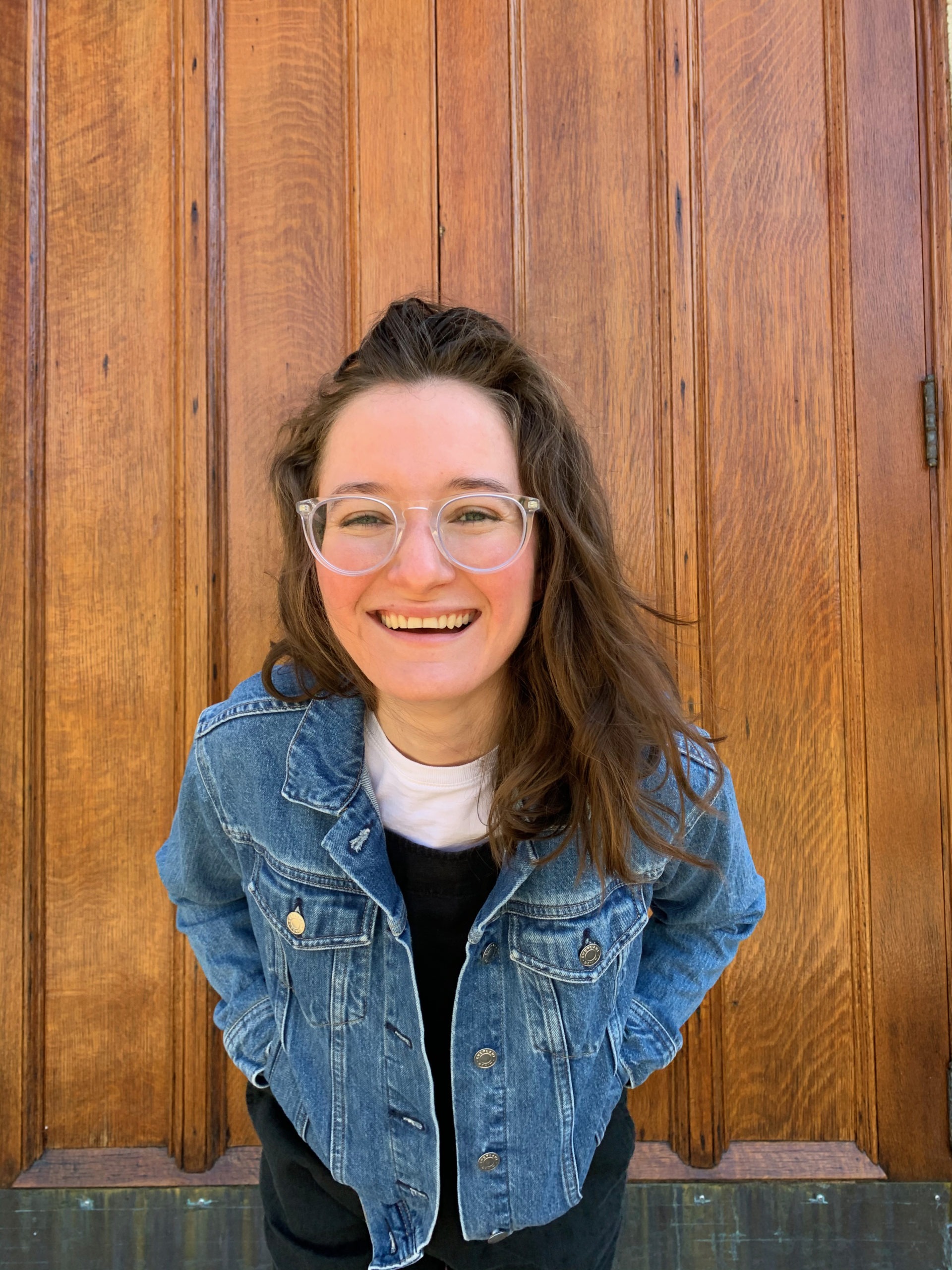
Jacqueline Goodwin
Sustainable Workplaces Manager & Writer
Jackie is the Sustainable Workplaces Manager at Urban Green Lab, a sustainability education nonprofit in Nashville, Tennessee. She’s passionate about connecting people with actionable ways to make a positive impact on the environment. She graduated from Dickinson College with a degree in Environmental Studies and a certificate in Social Innovation & Entrepreneurship. Jackie worked in the nonprofit world in Washington D.C. for Ashoka and the National Building Museum.
Jackie enjoys hiking with her rescue dog, finding craft breweries, and traveling the globe in search of plant-based eats.

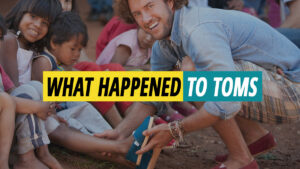
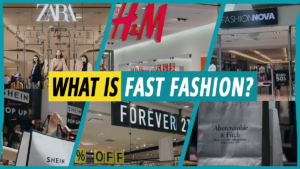
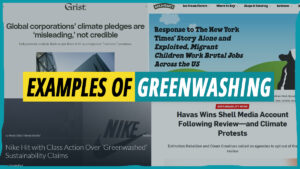


Leave a Reply